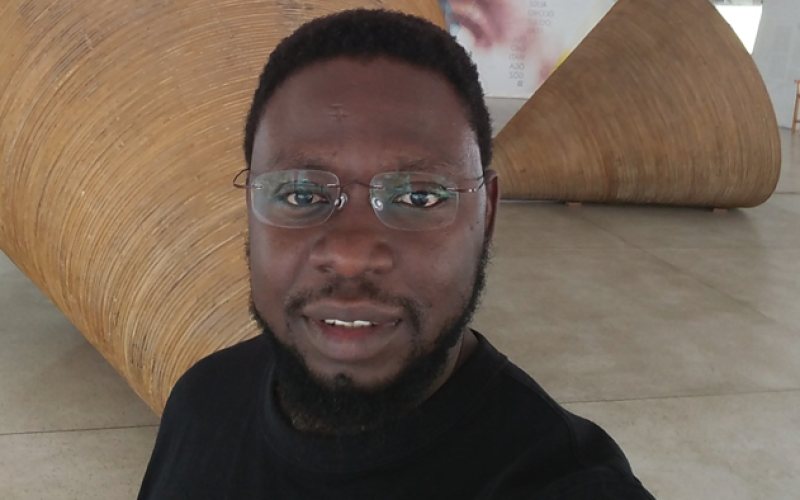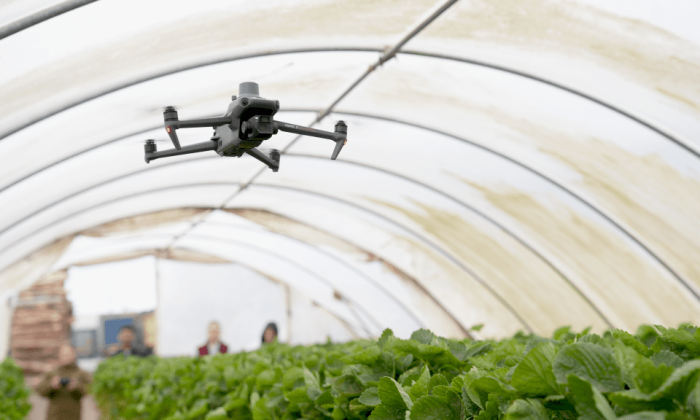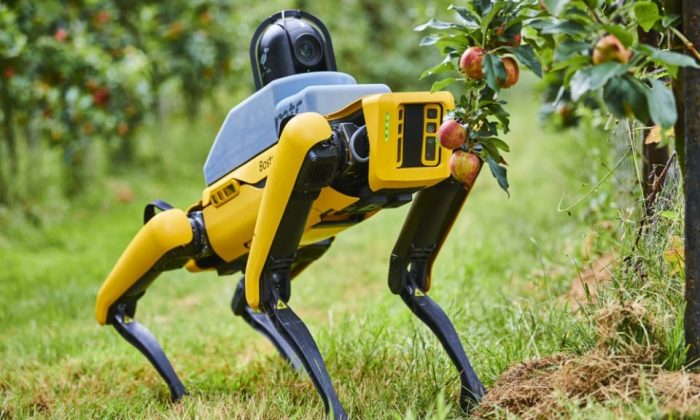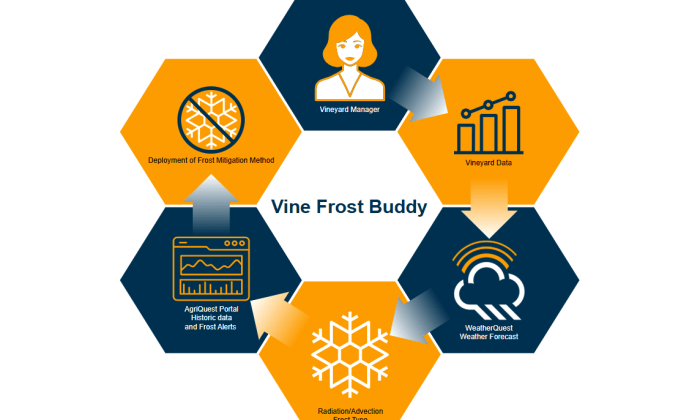In a world increasingly concerned about food authenticity and safety, the CODE-AI project is an initiative aimed at revolutionising food traceability.
We speak with the founder of this project and introduce CropOrigin, an AI-based tool for sophisticated biological fingerprinting of food, moving beyond traditional barcodes, developed as part of The Cocoa Origin Detection Enabled by AI Project (CODE-AI).
This project is a step towards a transparent, ethical food supply chain. Discussing the project with Dr Abiola Oladipo, we uncover the inspiration, impact and collaboration behind the initiative. Dr Abiola Oladipo is the CEO of Tiwakiki Consulting Limited. He holds a BSc in Electrical Engineering, MSc in Mechatronic Systems Engineering and PhD in Physics and is lead for Horizon2020 and Innovate UK projects involving renewable energy, Agritech, ICT, Science, Engineering, R&D.
What is CropOrigin’s mission? Why is it important?
The mission of CropOrigin is to not just track the packaging of agrifood products but to track the food itself. We go beyond existing track and trace systems such as blockchain, where goods are vulnerable to mislabelling. In fact the FSA report food fraud is costing the UK economy up to £2bn per year. Our mission gains significance as more consumers seek out food that is not only nutritious but also sustainable, ethical, and safe.
What has been achieved to date in the CODE-AI project?
We have developed an AI-based tool ‘CropOrigin,’ which determines the geolocation of food origin using biological fingerprinting instead of traditional barcode scanning, and successfully applied our solution to key commodities like cocoa, coffee, and tea.
These commodities are not only extensively sold but also processed in large volumes in UK manufacturing plants, including major names like Nestle, Barry-Calebaut, and Mondelez.
To enhance the practical application of ‘CropOrigin,’ we have conducted testing with portable scanners for efficient data collection and have developed a user-friendly graphical user interface (GUI) for clear result output. This step ensures that our advanced technology is not only effective but also accessible and easy to use for industry professionals.
What is the exciting tech behind this innovation?
We’ve embarked on a collaborative journey with our research partners; their involvement has been instrumental in on-boarding specialised equipment and expertise, particularly in spectral and image analysis. This partnership has enabled us to access unique biological fingerprint datasets, which are crucial for the training and development of our AI algorithm. These datasets are used to train our AI algorithm towards origin determination of various food items.
How would you describe this collaboration?
Our relationship with UK Agri-Tech Centre and Rothamsted Research has grown over the years, underscored by the successful collaboration on three prior projects to date. This has been beneficial in addressing some of the challenges associated with our complex research, both in applying knowledge to technology development managing risk.
What impact do you foresee once CropOrigin is put into practice?
CropOrigin will support detecting food fraud for regulatory bodies such as the Food Standards Agency and Port Health Authorities, as well as verifying the authenticity of certifications, such as Fairtrade, which is essential for charities and certifiers. Furthermore, CropOrigin empowers retailers, importers, and manufacturers to uphold consumer trust in their brands by providing guarantees of food safety and tracing the origins of their products. This capability is particularly important for identifying produce from regions with poor social and environmental practices, such as areas at risk of illegal deforestation and/or modern slavery.
What future developments and outcomes do you anticipate for this tool and the ongoing collaboration?
The CropOrigin system represents a game changer across food value chains. However, further research is required before technology roll out. Hence, the team is looking for the involvement of an end-user to support the testing and validation of the prototypes and the final tool in their commercial environment. Our solution is designed to be flexible and can be tailored to meet the unique requirements of these end-users.
In conclusion, the CODE-AI project, spearheaded by Dr. Abiola Oladipo, is at the forefront of transforming agricultural traceability with its groundbreaking AI tool, CropOrigin. This project not only promises to enhance food safety and authenticity but also to pave the way for a more ethical and transparent food supply chain. As CropOrigin prepares to make a significant impact on the industry, the team is actively seeking partnerships with end-users.
These collaborators will play a crucial role in the real-world testing and validation of CropOrigin, ensuring its effectiveness and adaptability in commercial settings.



